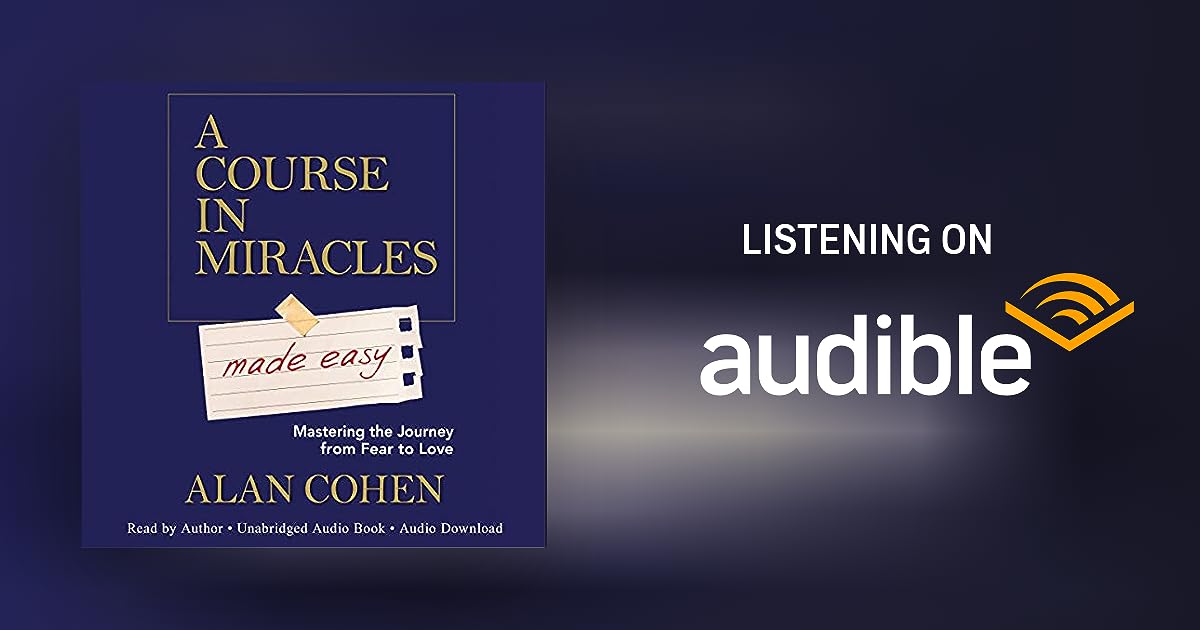In the ever-evolving landscape of the 21st century, a course in miracles stands as the cornerstone of progress, driving societies towards a brighter and more inclusive future. The power of education transcends age, gender, and socio-economic backgrounds, offering a pathway for individuals to unleash their potential and contribute meaningfully to the world. From early childhood development to advanced degrees, the journey of learning not only imparts knowledge but also nurtures critical thinking, problem-solving skills, and creativity.
Education acts as a catalyst for personal growth, enabling individuals to develop a deep understanding of the world around them. It equips them with the tools to decipher information critically, make informed decisions, and engage in constructive dialogue. The pursuit of education fosters empathy and cultural awareness, breaking down barriers and fostering global citizenship. Furthermore, education serves as a bulwark against ignorance, prejudice, and misinformation, promoting a society where rationality and evidence-based thinking prevail.
In recent times, the educational paradigm has undergone a transformation, spurred by technological advancements. Online learning platforms, interactive simulations, and virtual classrooms have revolutionized the way knowledge is disseminated. This shift has made education more accessible than ever, bridging geographical gaps and accommodating diverse learning styles. However, this digital transition also highlights the importance of digital literacy and critical evaluation of online sources.
At its core, education is not confined to the boundaries of classrooms; it extends to the realms of skill development and vocational training. The fusion of traditional academia with practical skills ensures that graduates are well-prepared for the demands of the job market. Vocational education opens avenues for specialized careers, fostering innovation across industries and driving economic growth.
As we navigate a rapidly changing world, education must adapt to cultivate future-ready skills. From coding to communication, from environmental awareness to emotional intelligence, the curriculum must encompass a holistic approach that equips students with the tools to excel in a dynamic landscape. Furthermore, educators themselves play a pivotal role in shaping the educational experience, nurturing curiosity and a passion for learning in their students.


